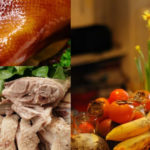As the college entrance exam draws near, it’s understandable that many students feel anxious and nervous. Besides diligent revision and knowledge acquisition, many students also turn to superstitious practices, hoping to boost their luck and achieve the best results in this crucial exam. Without further ado, let’s explore some of these unique good luck rituals practiced by students over the years.
1 Visiting Van Mieu-Quoc Tu Giam
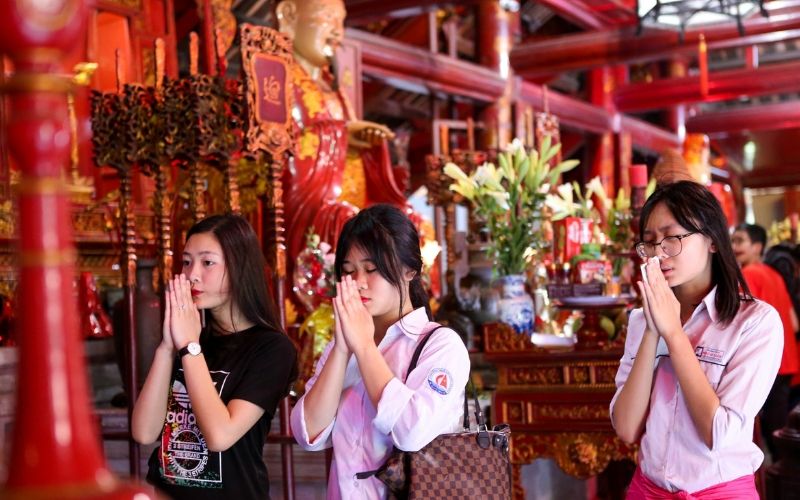
Van Mieu-Quoc Tu Giam, or the Temple of Literature, is a popular destination for thousands of students seeking academic success and exam luck. It has become an annual tradition for students to visit this historic site, touching the tortoise’s head and the crane’s body, and writing their names and exam numbers on the walls in the hope of excelling in the challenging exam.
Reference: What should you do before an exam for good luck? What should you avoid?
2 Praying at Temples and Pagodas
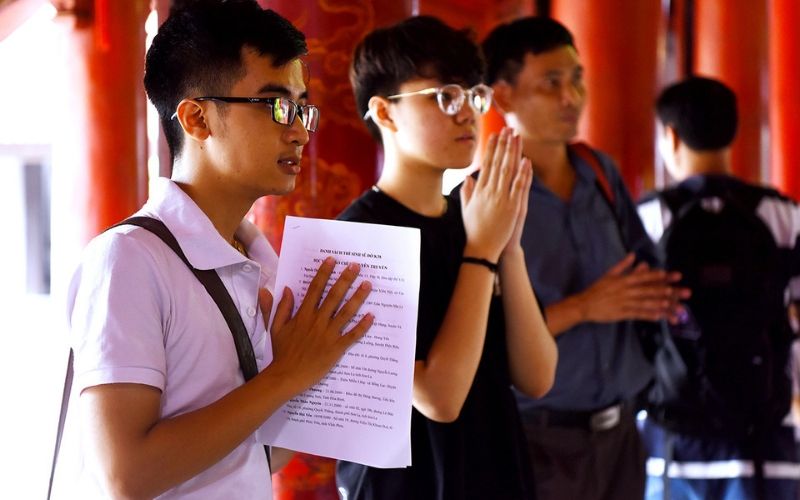
For those familiar with Hanoi or its residents, the Ngoc Son Temple is renowned for granting wishes related to academic success and exams. Within the temple, Van Chuong, the god of literature, is worshipped.
Folklore suggests that if Van Chuong touches a student’s name with his pen, their academic path will be smooth, and they will excel in exams. Thus, every year, students and their families flock to temples and pagodas to pray for blessings and success in their upcoming exams.
3 Origami Stars and Cranes
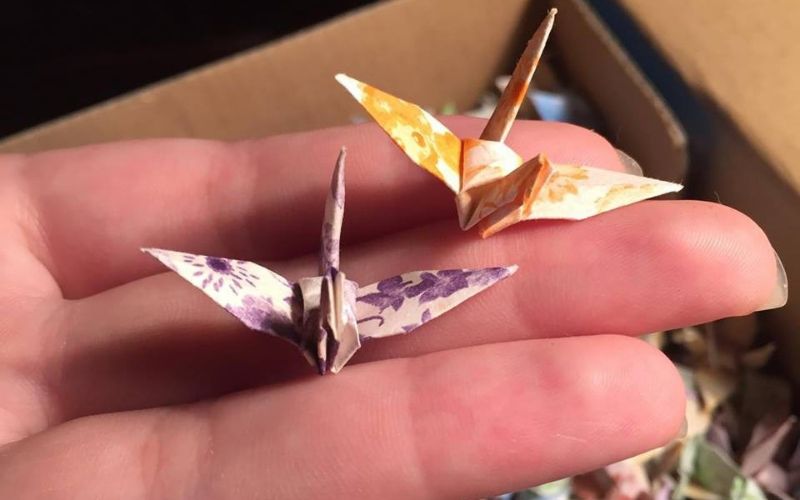
For a long time, people have believed that folding 100 stars or 1,000 cranes can make a wish come true. Even today, you might find jars filled with stars and cranes on some students’ desks, all wishing for smooth sailing through their exams and desired outcomes.
4 Using Spells with Special Leaves

Students often share a tip: placing a specific type of leaf in their notebooks helps them memorize lessons faster. So, it’s not unusual to find yellowed leaves pressed between the pages of students’ books.
5 Sharing “Lucky” Items on Social Media

As the exam approaches, it’s common to see images of spoons, rulers, and other items being shared on social media platforms. Although many know these are just jokes, some students still participate as a way to attract good luck.
6 Purchasing Lucky Charms
Buying lucky charms is another popular way for students to seek good fortune. In feng shui, the Pen Tower is believed to enhance academic performance and exam luck. According to ancient beliefs, placing a Pen Tower on a study desk can improve creativity, mental clarity, and learning speed, leading to higher exam scores.
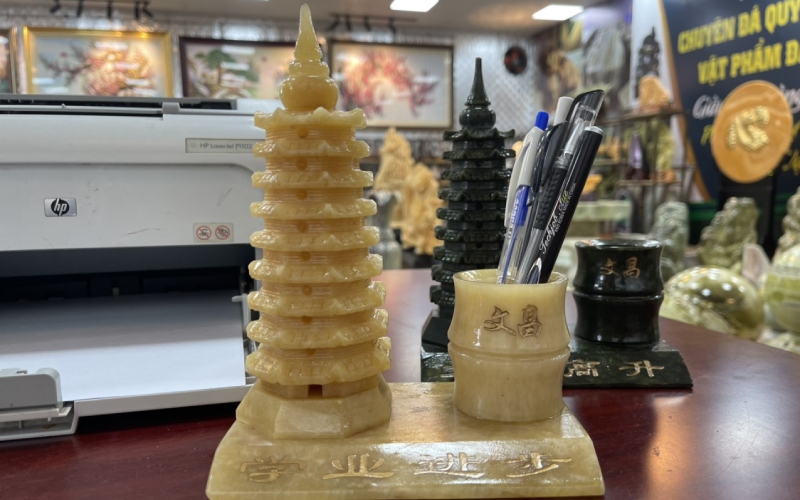
7 Eating Lucky Foods
Parents pay special attention to their children’s nutrition during intense revision periods, especially incorporating lucky foods. Thus, it’s not uncommon for foods like eggs, bananas, and melons to be avoided, while beans and sticky rice dishes like red bean sticky rice and gac sticky rice are favored, all in the hope of attracting good luck and success in the exams.

Further Reading:
However, an imbalanced diet can result from exclusively eating “lucky” foods. Therefore, parents should also ensure their children consume a varied and nutritious diet to support their overall well-being during this critical period.
While seeking good luck can provide some comfort and reduce exam stress, relying solely on superstition can be detrimental. Excessive belief in fortune-telling can lead to financial loss and negatively impact students’ mental health.
Check out for an extra boost of motivation and inspiration for the exams!
For the best results, students should strive to work hard, revise diligently, take care of themselves, maintain a balanced diet, and believe in their abilities. We wish all the students the very best of luck and success in their exams.
Discover more useful tips and tricks at:





